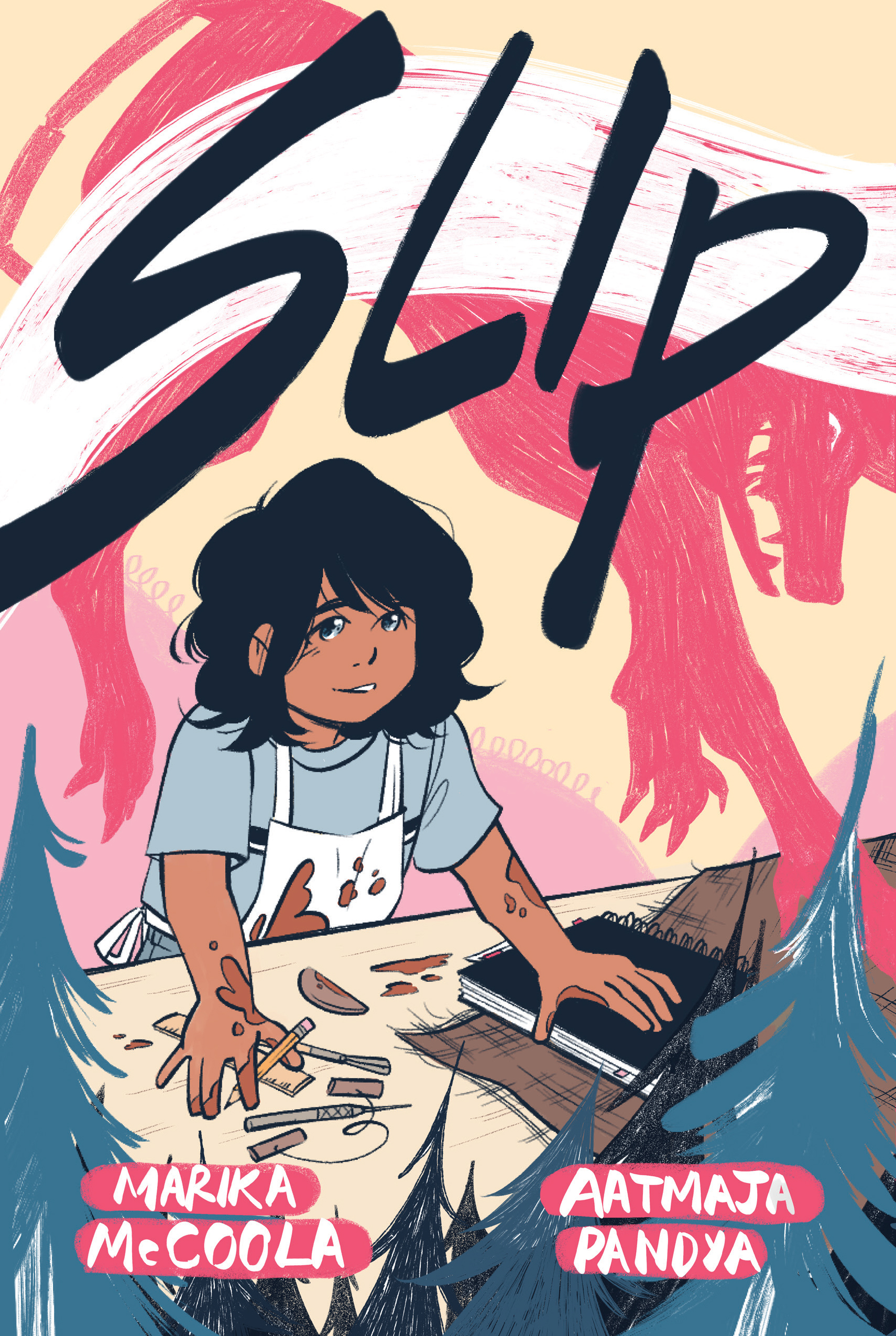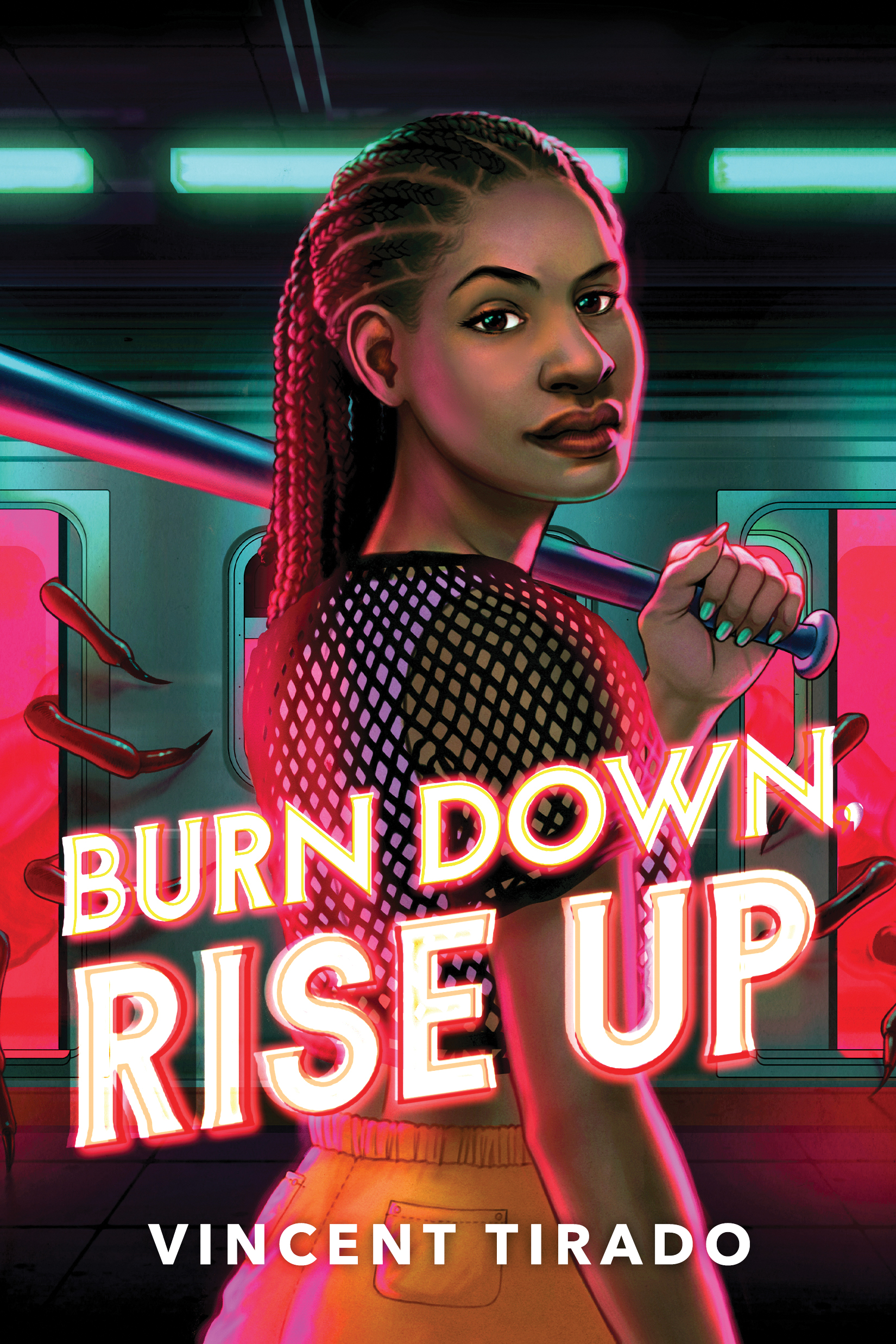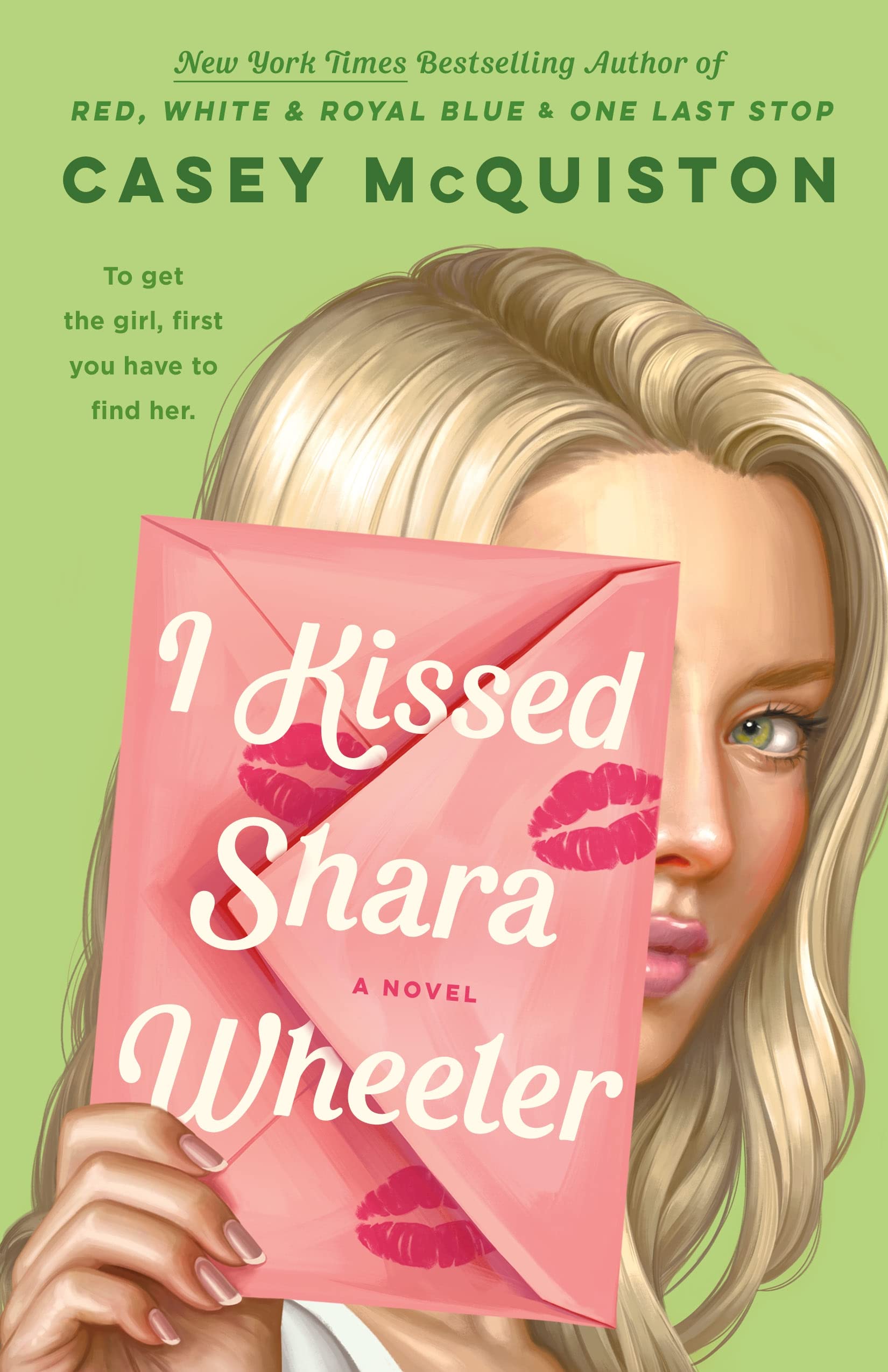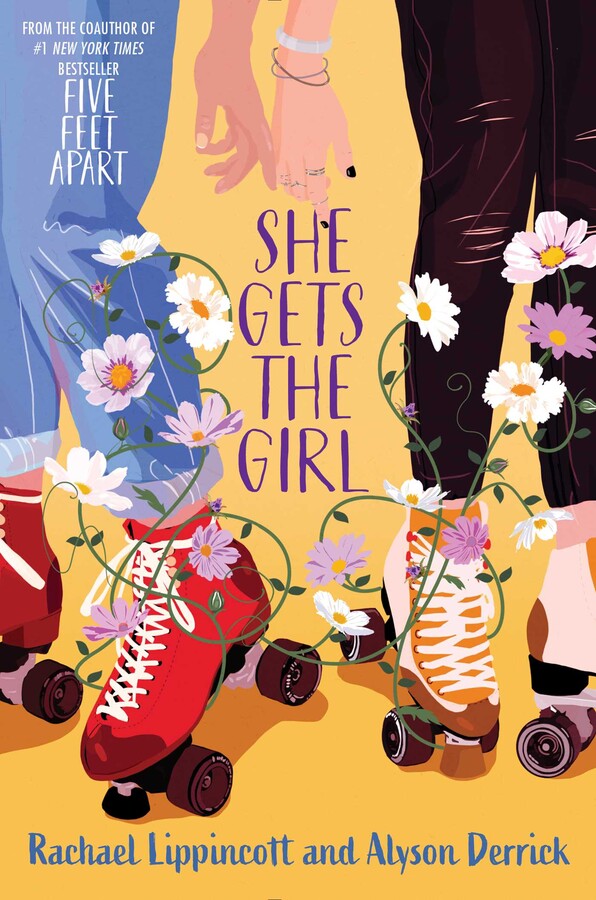Amazon Affiliate Link | Bookshop.org Affiliate Link Content warning: This review contains discussion of suicide. This is a YA graphic novel about Jade, who is preparing for her future as an artist by going to a summer art intensive. She knows this opportunity is make or break for her chances of building a portfolio, gettingRead More
Danika reviews Melt With You by Jennifer Dugan
Amazon Affiliate Link | Bookshop.org Affiliate Link This is a sapphic YA romance with an ice cream truck road trip, and if that doesn’t intrigue you, we have very different tastes in books. To be more specific, it’s a friends-to-lovers-to-enemies?-to-lovers? ice cream truck road trip sapphic YA romance. Fallon and Chloe were best friends practicallyRead More
Danika reviews Here and Queer: A Queer Girl’s Guide to Life by Rowan Ellis
Amazon Affiliate Link | Bookshop.org Affiliate Link It was interested to read this book at about twice its target demographic, because it made me reflect back on how I learned this sort of information when I was a teen. This is a YA nonfiction book introducing queer girls to the basics of what it meansRead More
Danika review Burn Down, Rise Up by Vincent Tirado
Amazon Affiliate Link | Bookshop.org Affiliate Link I have to say, although I love the illustration of Raquel, I don’t think cover does justice to this being a horror novel. I got sports vibes from it. I didn’t notice the little monster claws/legs in the background on first viewing. But this is definitely horror, withRead More
Danika reviews I Kissed Shara Wheeler by Casey McQuiston
Amazon Affiliate Link | Bookshop.org Affiliate Link Chloe Green and Shara Wheeler have been academic rivals since Chloe arrived in this Christian small town high school with its suffocating rules and homophobic culture. But at prom, as the fight for valedictorian is almost at a close, Shara kisses Chloe and disappears. She soon realizes SharaRead More
Maggie reviews This Poison Heart by Kalynn Bayron
Amazon Affiliate Link | Bookshop.org Affiliate Link This Poison Heart by Kalynn Bayron follows Briseis, a Black teenager who lives with her two moms in Brooklyn, helping them run their flower shop. Briseis has plant magic and can grow plants from a touch, but she doesn’t know the limits of her powers or how to controlRead More
Til reviews To Break a Covenant by Alison Ames
Amazon Affiliate Link | Bookshop.org Affiliate Link To Break a Covenant is set in perpetual aftermath. The town was formed after a disaster in a nearby mine, where fires still burn and rain ash over the abandoned Moon Basin. The people of Moon Basin simply moved outside the range of the ash and formed NewRead More
Danika reviews She Gets the Girl by Rachael Lippincott and Alyson Derrick
Amazon Affiliate Link | Bookshop.org Affiliate Link Do you want to read a fun and absorbing new adult F/F romance written by a wife/wife author team? Of course you do. So you can probably stop reading the review now. Go ahead and grab it. This follows two point of view characters: Alex and Molly. AlexRead More
Vic reviews This Poison Heart by Kalynn Bayron
Amazon Affiliate Link | Bookshop.org Affiliate Link Every time I think I might be done with YA, I read a book like this one. On a very basic level, Secret Garden meets Little Shop of Horrors with Greek mythology on top is just such a fun concept that I couldn’t not love it. Kalynn Bayron’sRead More
Kelleen reviews She Gets the Girl by Rachael Lippincott and Alyson Derrick
Amazon Affiliate Link | Bookshop.org Affiliate Link You know how sometimes you’re watching a hit 90s romcom set in high school or college and you’re reveling in the delicious shenanigans of the leads and the dramatic irony of them not knowing that they are the leads in a romantic comedy and they’re about to fallRead More
- « Previous Page
- 1
- …
- 11
- 12
- 13
- 14
- 15
- …
- 38
- Next Page »



